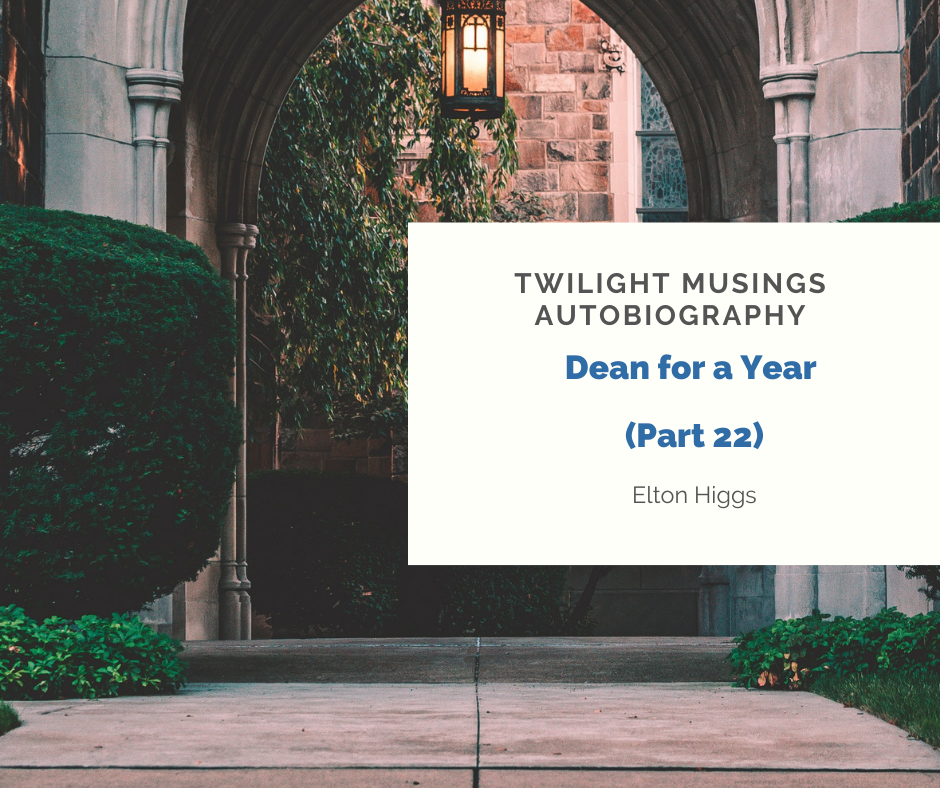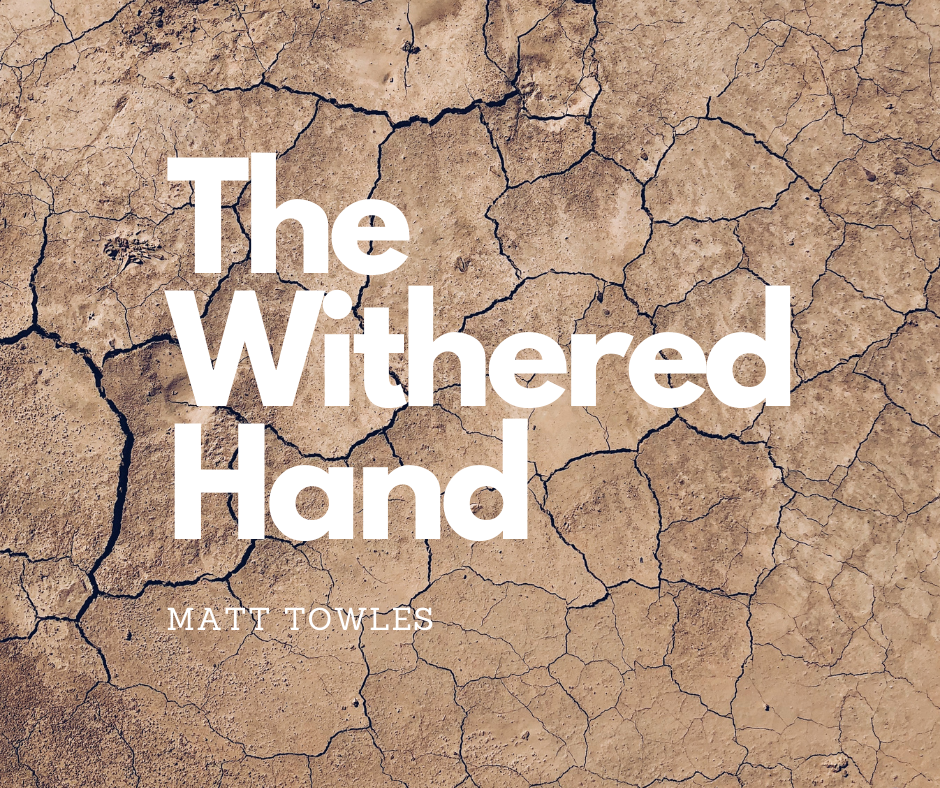Making Sense of Morality: Judeo-Christian Ethics
/Editor’s note: R. Scott Smith has graciously allowed us to republish his series, “Making Sense of Morality.” You can find the original post here.
Between the time of the ancient Greeks and the Scientific Revolution, western ethics was dominated by religious traditions. I will give a broad overview of several key thinkers from Jewish and Christian thought. Could these ethical views preserve these core morals?
Jewish Thought
First I will focus on the Hebrew Scriptures. There, ethics are grounded ultimately in God’s moral character and thus what He commands. Those commands, or laws, were not arbitrary. Instead, He always would will what fits with His morally perfect character. Thus, it was a deontological (duty-based) ethical approach.
As God’s people, Israelites were to be like God. For instance, because God is just, holy morally pure and undefiled by sin (evil), and compassionate and loving, they too were to practice justice (Micah 6:8), be holy (Lev 19:2), and be compassionate and loving.
In addition, there was room for other forms of ethical reasoning. The wisdom literature appealed at times to utility (consequences) of actions (e.g., Prov 6:20-29). There also was room for self-interest (e.g., Deut 28:1-7, 15, where Moses spells out blessings of obedience, and the consequences of disobedience). There also was room for appeals to reason, or natural law. People should know particular moral principles based on how God has created them and nature (e.g., from observing nature, be diligent, Prov 6:6-11; do not slaughter pregnant women to extend one’s territory, Amos 1:13).
Also, Maimonides (d. 1204) lived in Spain, home of the Jewish intellectual center during the Islamic empire. He tried to synthesize Aristotle’s thought (which he received through Islamic sources) with the Mosaic Law, or Torah. To him, God’s revelation is perfectly compatible with natural law. Moreover, both sources give us knowledge of objective moral truths, which ultimately are grounded in God. As with Aristotle, Jewish thought has room for virtues, but the primary emphasis is obedience.
Christian Ethics
Christians draw ethics from both the Old and New Testaments. However, unlike Israel in the Old Testament, Christians do not live under a theocracy. Moreover, they are not under the Mosaic Law, but grace, to be in relationship with God. Still, they should obey the moral law out of love for God.
Specifically, they are to love God with all their being, their neighbors as themselves (Matt 22:37, 39), and one another as Jesus has loved them (John 13:34). They also are to care for the vulnerable (James 1:27, Luke 14:16-24) and, generally, to embody Jesus’ kingdom’s values. Moreover, there is a continued stress upon obedience, but with special emphasis upon heart attitudes (Matt 5:17-20). However, Christians cannot do this apart from the power of God’s Spirit in them. Virtues continue to matter, for Christians are to become like Christ, their telos (Eph 4:13, Col 1:28).
Augustine (d. 430) built upon the biblical teaching that God is intrinsically good and sovereign. Since God only does what is good, His creation is good, so He did not create evil. Instead, evil arose from humans’ feely willed rebellion against God. Evil, then, is spoiled, perverted goodness.
Augustine posited two cities, or kingdoms: that of humans, and that of God. Members of the city of man live after their sinful desires. At best, they can achieve a rough peace and justice, and they follow their love of themselves. In contrast, members of the city of God follow God’s Spirit, and they have the peace of God and with God. They are motivated by God’s love.
Augustine adopted the cardinal virtues and tied them to the theological ones, faith, hope, and love. Yet, he refocused the cardinal ones in terms of the love of God. Due humans’ sin, it is impossible to be truly virtuous by their own efforts.
As a Catholic, Aquinas (d. 1274) synthesized Augustinian theology with Aristotelian philosophy. Aquinas posited two realms that can be depicted variously: the heavenly and the earthly; revelation and reason; sacred and secular; supernatural and natural; and grace and nature. The supernatural realm includes the theological virtues, while the natural realm includes the cardinal, or natural, virtues.
In each pair, each realm is for the other. For instance, God cares for and gives revelation to creation, and creation is to glorify God. Also, revelation is intelligible by reason, though reason cannot exhaust what we know by revelation.
Aquinas also blends both deontological and virtue ethics. Christians should embody the theological and natural virtues, while non-Christians should embody the natural ones. So, his ethics applies universally, and we can know ethics by reason and revelation.
In all these Christian and Jewish views, there is a body-soul dualism, with the soul as humans’ essence. So, the virtues and commands are appropriate for humans due to their nature, and morals exist objectively. In these ways, it seems they can preserve our four core morals.
For Further Reading
Thomas Aquinas, Summa Theologica, First Part of the Second Part (on law), and the Second Part of the Second Part (on virtues)
Augustine, City of God, and The Enchiridion
Robert M. Seltzer, Jewish People, Jewish Thought, 393-408
R. Scott Smith, In Search of Moral Knowledge, chs. 1, 3
R. Scott Smith is a Christian philosopher and apologist, with special interests in ethics, knowledge, and seeing the body of Christ live in the fullness of the Spirit and truth.

































































































